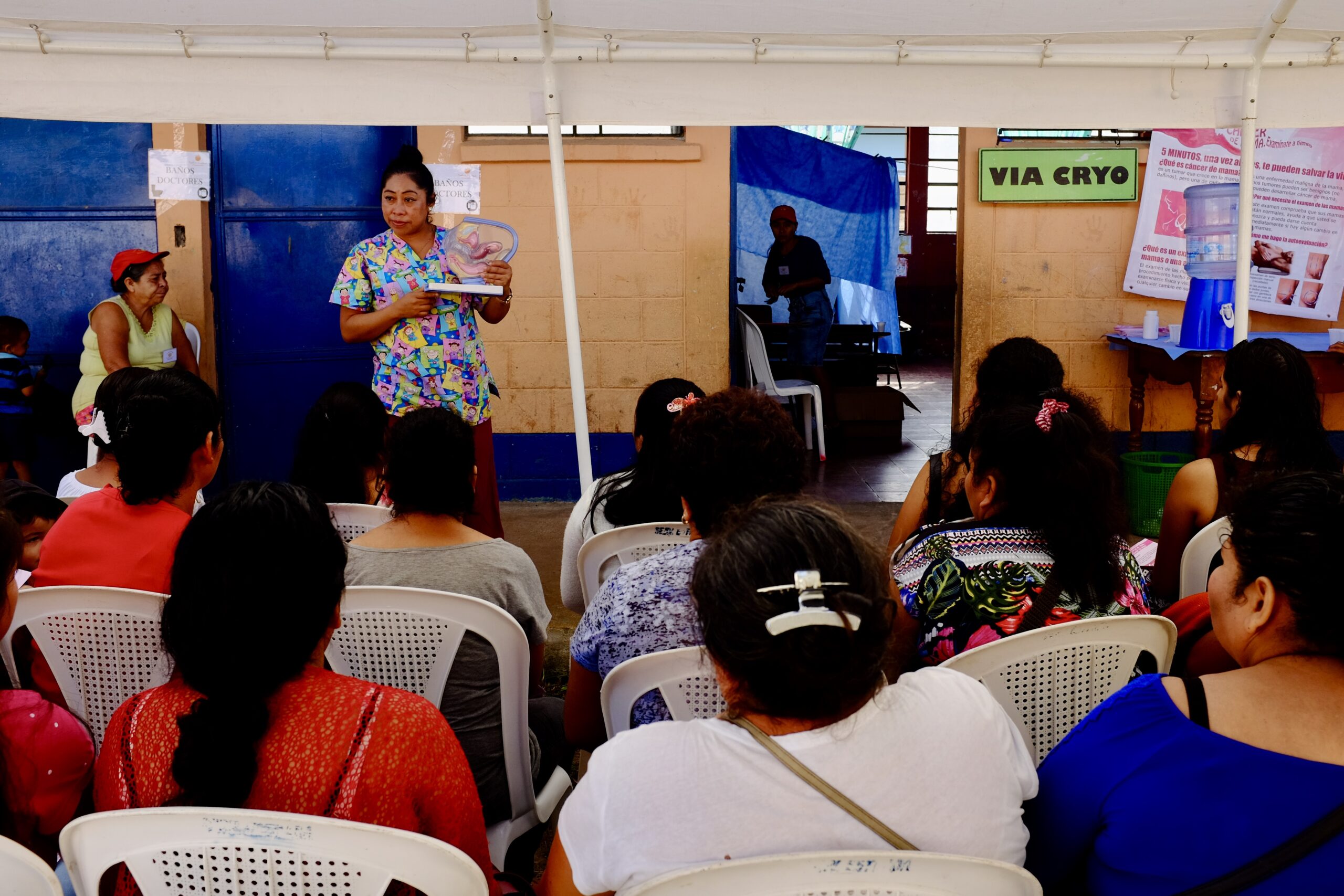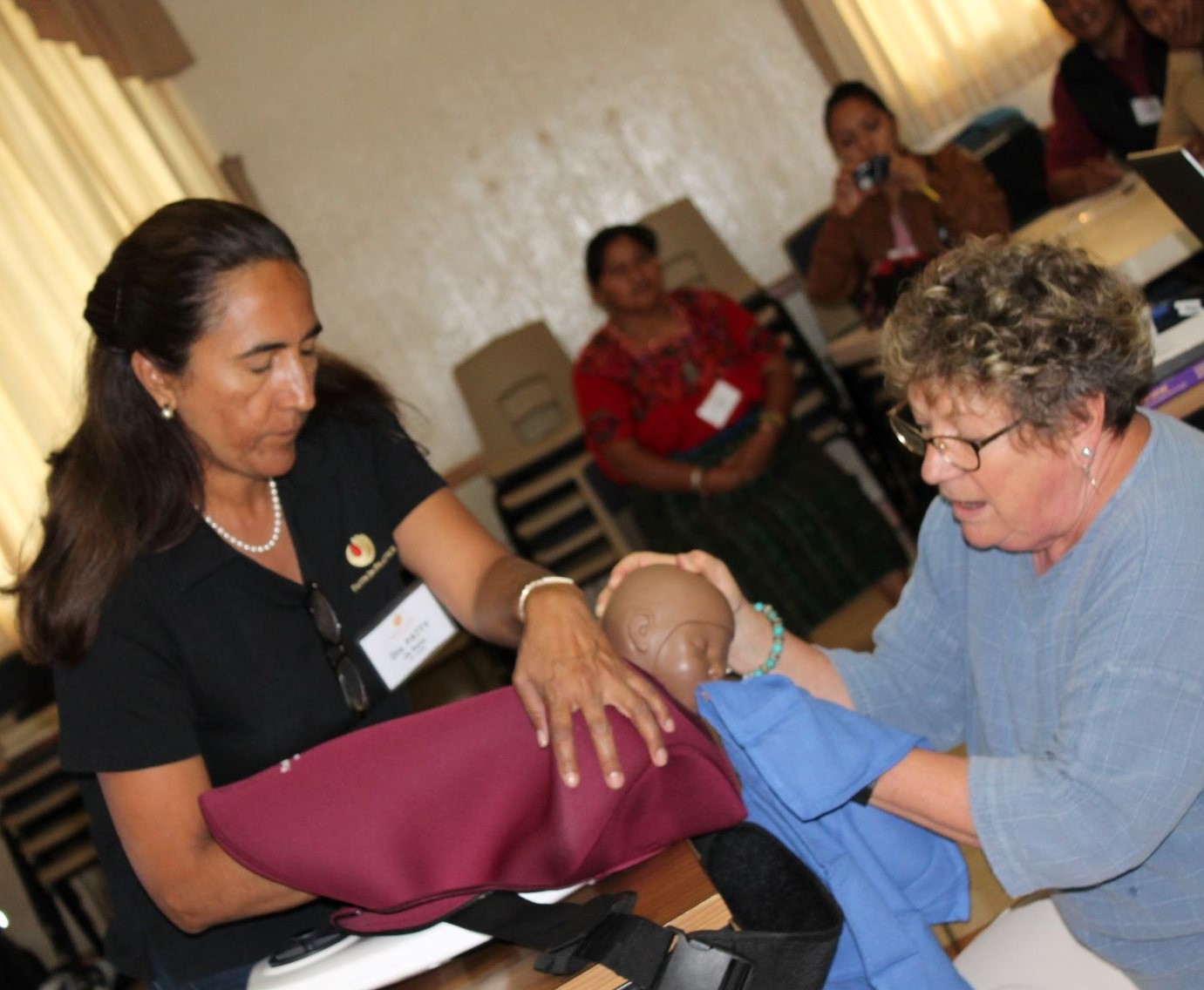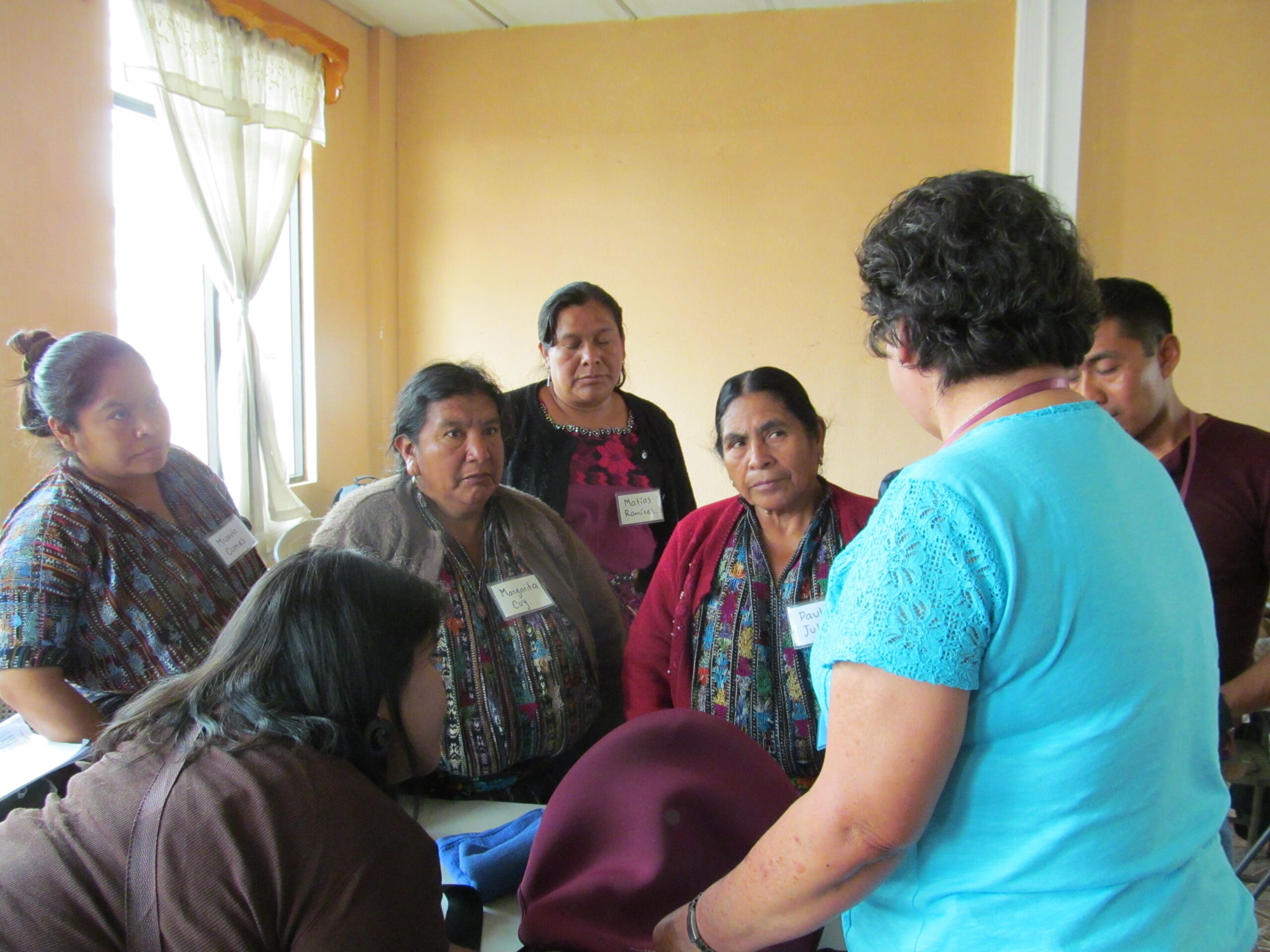Faith In Practice’s Women’s Health Program currently consists of two core programs:
Cervical Cancer Screening and Teaching
For every woman who dies in the United States of cervical cancer, eight die in Guatemala. Detection is late and treatment options are limited. Therefore, this program is designed to identify the disease before it advances and to teach others to do the same. The following are some of our initiatives:
- Screenings and Education. Through cervical cancer screening clinics conducted on premises of key identified partners, the clinics reach women in need of screening, provide education about cervical cancer, leverage the relationships that these patients already have with our partners, and provide an opportunity for follow-up care and clinic partner trainings. We also provide screenings and education at each of our Medical Clinics held throughout the year.
- Practitioner Training. Throughout the year, Faith In Practice holds trainings to teach local providers how to identify and treat pre-cancerous cervical cells. Focusing on identified clinic partnerships, these services assist the local practitioners to provide more care in their communities. This service is complimentary to other ways in which we are supporting local entities through a variety of our programs.
- Case Management. In instances where patients have been identified with advanced disease, Faith In Practice accompanies and supports the patient through its network of care anywhere from colposcopy, cone-biopsy through to the facilitation of care and support at the national cancer hospital. Support includes covering testing and costs, the majority of which are not covered by the national cancer hospital.






